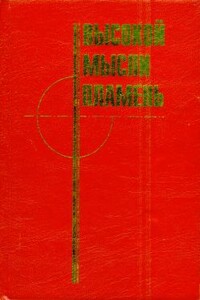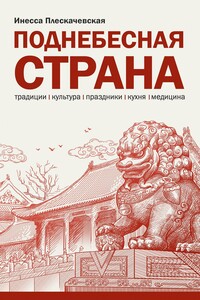I have been in and out of the Kaiser's web for ten years. I have served him faithfully in many capacities and in many places all over Europe, in Mexico, even in the United States. I served the German Government as long as I believed it to be representing the interests of my countrymen. But from the moment that I became convinced that the men who made up the" Government the Hohenzollerns, the Junkers and the bureaucrats were anxious merely to preserve their own power, even at the expense of .Germany itself, my attitude towards them changed. That is why I write this book and why I shall tell what I know of the aims and ambitions of these men enemies of Germany as well as of the rest of the world.
I was not a spy; nor was I a secret service agent. I was, rather, a secret diplomatic agent. Let me add that there is a nice distinction between the three. A secret diplomatic agent is a man who directs spies, who studies their reports, who pieces together various bits of information, and who, when he has the fabric complete, personally makes his report to the highest authority or carries that particular plan to its desired conclusion. His work and his status are of various sorts. Unlike the spy, he is a user, not a getter, of information. He is a freelance, responsible only to the Foreign Office; a plotter; an unofficial intermediaiy in many negotiations; and frequently he differs from an accredited diplomatic representative only in that his activities and his office are essentially secret. Obviously men of this type must be highly trained and trustworthy; and their constant association with men of authority makes it necessary that they, themselves, should be men of breeding and education. But above all, they must possess the courage that shrinks at no danger, and a devotion, a patriotism that know no scruples.
This, then, was the calling into which I found myself plunged, while still a boy, by one of the strangest chances that ever befell me, whose life has been full of strange happenings.
As I recall my adolescence I realise that I was a normal boy, vigorous,^wilful, fond of sport, of horses, dogs and guns, and I know that but for the chance I speak of, I should have grown up in the traditions of our family Cadet School the University later a lieutenancy in the German Army and to-day, perhaps, death "somewhere in France."
And yet, in that boyhood that I am recalling, I can remember that there were other interests which were far greater than the games that I loved, as did all lads of my age. Mental adventure, the matching of wits against wits for stakes of reputation and fortune, always exercised an uncanny fascination over my mind. That delight in intrigue was shown by the books I read as a boy. In the library of my father's house there were many novels, books of poems, of biography, travel, philosophy and history; but I passed them by unread. His few volumes of Court gossip and so-called "secret history "I seized with avidity. I used to bear off the memoirs of Marechal Richelieu, the Cardinal's nephew, and read them in my room when the rest of the household was asleep.
I recall, too, that there was another tendency already developed in me. I see it in my dealings with other boys of that day. It was the impulse to make other people my instruments, not by direct command or appeal, but by leading them to do, apparently for themselves, what I needed of them.
Such was I, when my aunt, who had cared for me since the death of my parents some years before, fell ill and later died. I was disconsolate for a time and wandered about through the halls and chambers of the house, seeking amusement. And it was thus that one day I came upon an old chest in the room that had been hers. I remembered that chest. There were letters in it letters that had been written to her by friends made in the old days when she was at Court. Often she had read me passages from them bits of gossip about this or that personage whom she had once known occasionally, even, mention of the Kaiser.


